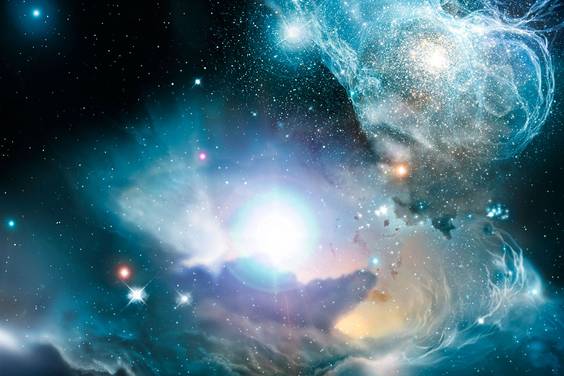11.10.2011
ESA gives the go-ahead for the Euclid Mission
Cluster scientists are taking over leading positions in the Euclid space project
On the same day the Nobel Prize in Physics was awarded for the discovery of „Dark Energy“, ESA approved a satellite mission which in intends to delve deeper into this phenomenon: It has been common knowledge since 1998 that the Universe is drifting apart at an accelerated velocity – scientists presume that the driving force behind this expansion is the energy known as „Dark Energy“. It constitutes over 70 percent of the energy and matter density of the Universe. As of 2019 the Euclid space telescope will map several hundred million galaxies with unprecedented accuracy. The results of the cosmic survey are ultimately supposed to supply the answer as to whether the general theory of relativity also correctly describes gravity at extremely large distance scales.
Cluster scientists of the LMU München and the Max Planck Institute for Extraterrestrial Physics are participating as consortium members in the Euclid mission: In addition to Professor Ralf Bender, these scientists include Professor Joseph Mohr and Professor Jochen Weller, who both hold the leading positions in Research Area E „Dark Universe“ at the Excellence Cluster Universe.
Joseph Mohr is a member of the management team for a project that is intended to combine data from ground-based telescopes with observation data from the Euclid space telescope. In order to analyze the scientific results from Euclid, exquisite space-based optical and NIR (Near Infrared Illumination) photometry from Euclid must be combined with the best available deep surveys from the ground. These include the projects Dark Energy Survey, Pan-STARRS and finally the Large Synoptic Survey Telescope. Mohr‘s group is particularly interested in analyzing the Euclid data in combination with the findings from the eROSITA Mission in the X-ray range.
Jochen Weller leads the Euclid work group „Galaxy Clusters“ along with another scientific colleague. He and his group are responsible for the analysis of the Euclid observations of galaxy clusters according to the cosmological interpretation. The Euclid Mission will deliver data from approximately 60,000 galaxy clusters: Conclusions can be drawn from the redshift and spatial distribution of these objects as to the origin and early conditions of the accelerated expansion. Among other topics, scientists will be able to find out whether Albert Einstein’s Theory of Gravitation is also valid at very large distances.
More information:
Contribution of LMU and MPE to the Euclid mission






